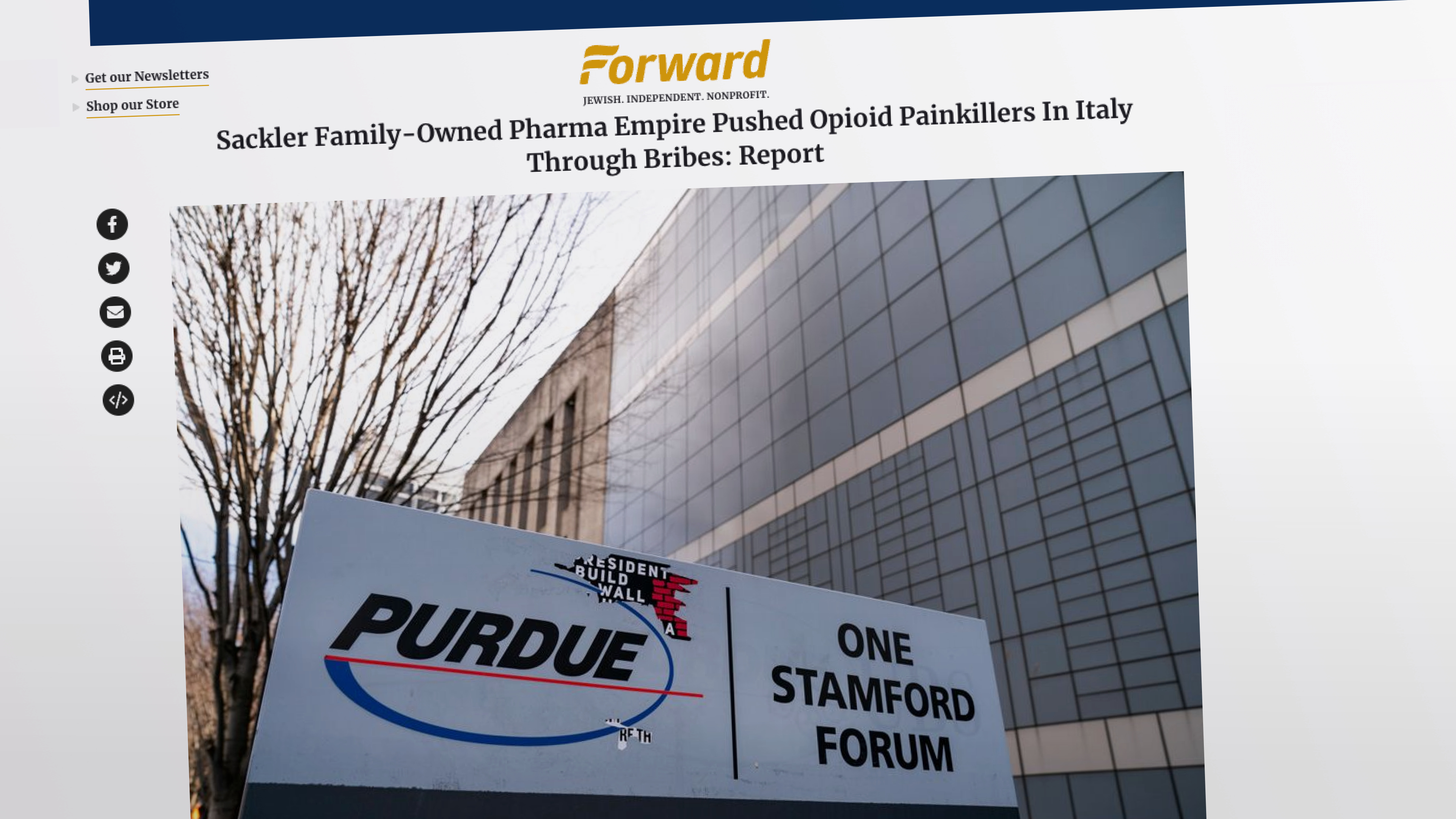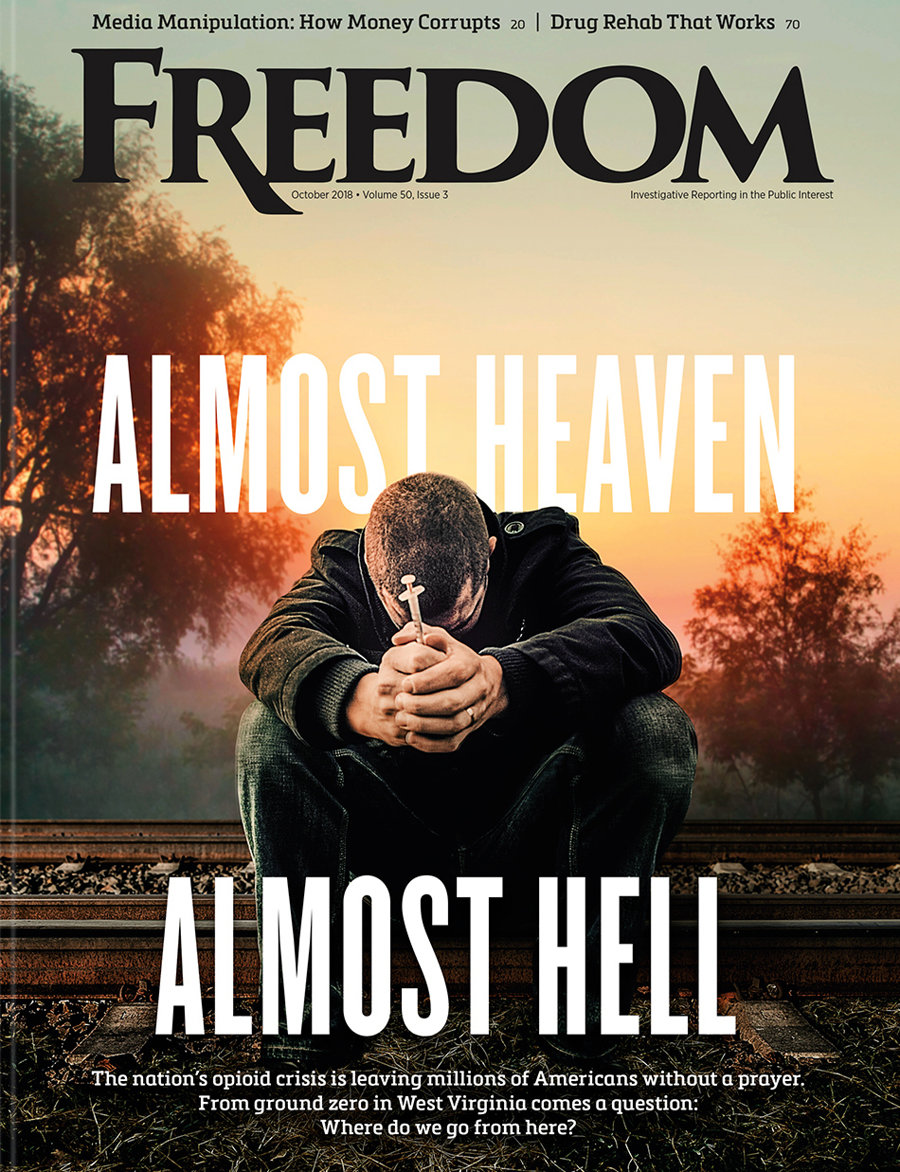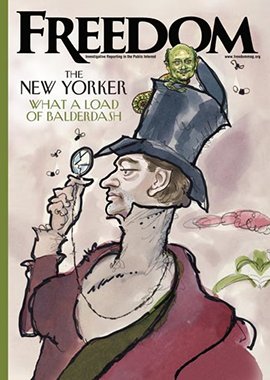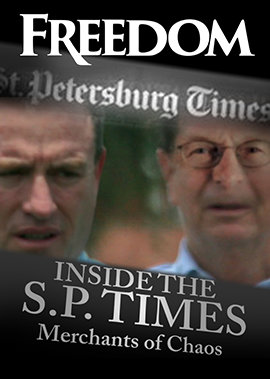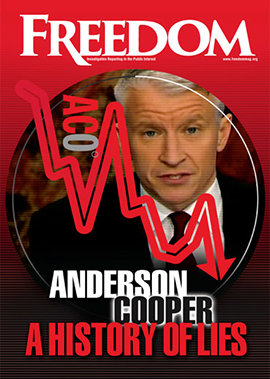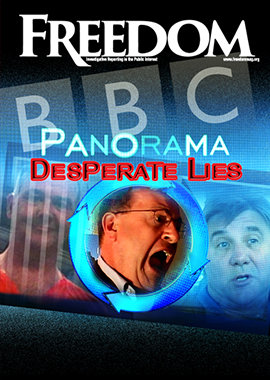In a meeting of the state’s medical and dental boards attended by 40 doctors and lawyers on January 3, concerns were expressed over the new paperwork demands in the law and over the unclear language regarding conduct that could result in heavy fines and even loss of their medical licenses.
“We appreciate the legislation,” said Cole Sondrup, a Las Vegas emergency medicine physician. “We appreciate the fact that something is being done to control an enormous problem. But I think as a group we feel that it is a bit too broad and has been extended too far.”
The legislation stipulates that doctors who violate the new rules five times will lose their medical licenses. In 2020, the threshold is lowered to three violations resulting in loss of license. But doctors already maintain that the new regulations don’t specify what constitutes a violation in many cases, and that the increased paperwork requirements will cause patients to look elsewhere for help.
“Just the other day,” said Andrew Pasternak, founder of the Silver Sage Center for Family Medicine in Reno, “I had a patient tell me point-blank they’re not going to sign the forms. They don’t want to do initial testing and they would just go to the street to get their narcotics.”
Yet another worry expressed by doctors is that the new law will dissuade out-of-state doctors from moving their practices to Nevada—a state already facing a severe doctor shortage.
Nevada’s Medical Board Executive Director Ed Cousineau said he will discuss rewriting the rules with fellow board members, but cautioned that “AB-474 is now the law.”
Under AB-474, doctors will limit initial prescriptions to two weeks, and if this extends to one month the patient must sign an agreement to receive random drug testing and also provide a list of similar prescriptions from other doctors in Nevada and any of the other states.
There is little doubt that doctors need regulation regarding their demonstrated opioid prescription policies. Dr. Basha Jordan, who has been working to halt the opioid epidemic in St. Petersburg, Florida, through his Hope Alive Outreach Program, told Freedom:
Based on an article in the June edition of AARP Magazine, ninety-nine percent of doctors prescribe opioids without consideration for the addiction that it causes…We have here in Florida what is known as The Pill Factory, where doctors write prescriptions like they’re giving out candy. Here in St. Petersburg on Central Avenue, a person can pick up three or four prescriptions from three or four different doctors within an hour or two. Many times those prescriptions end up on the street. There needs to be more control and regulations.





